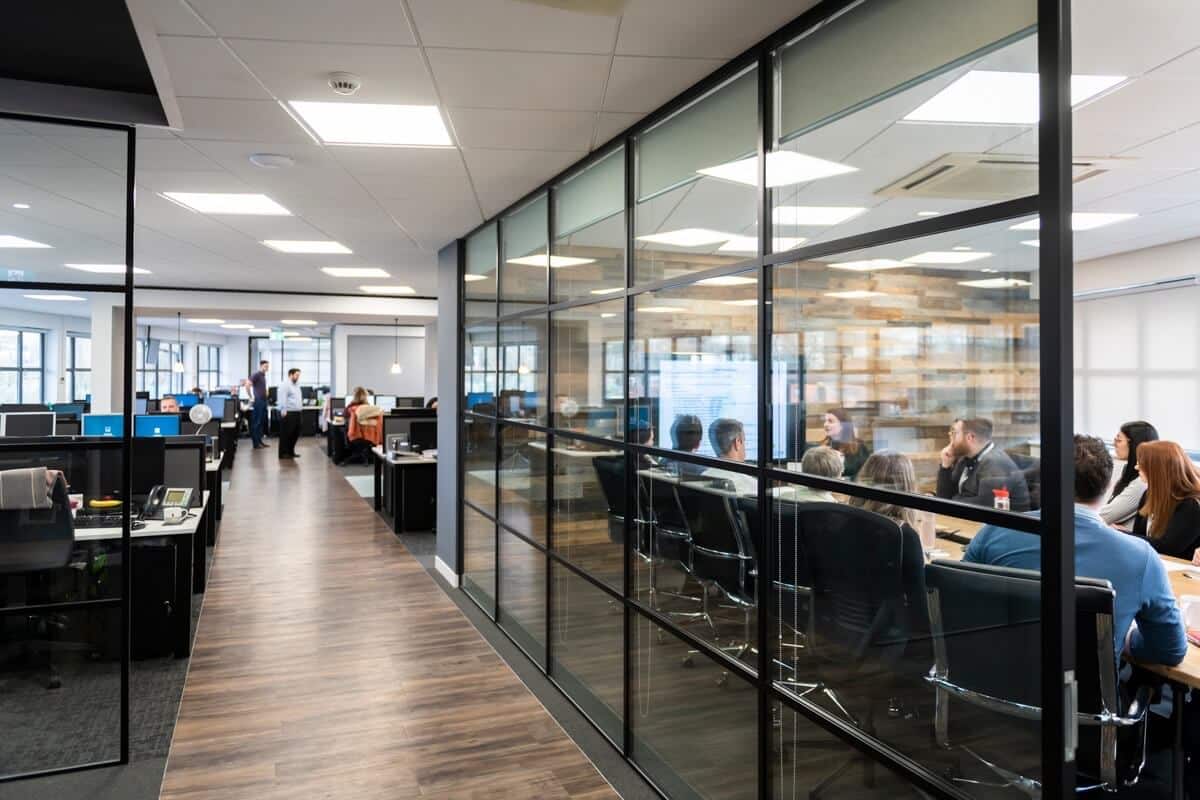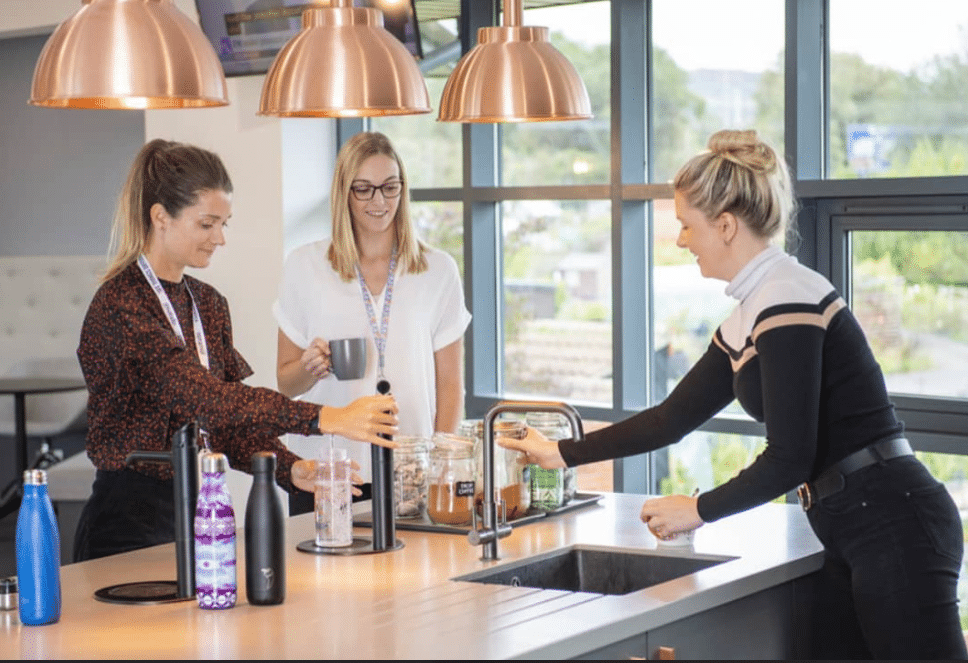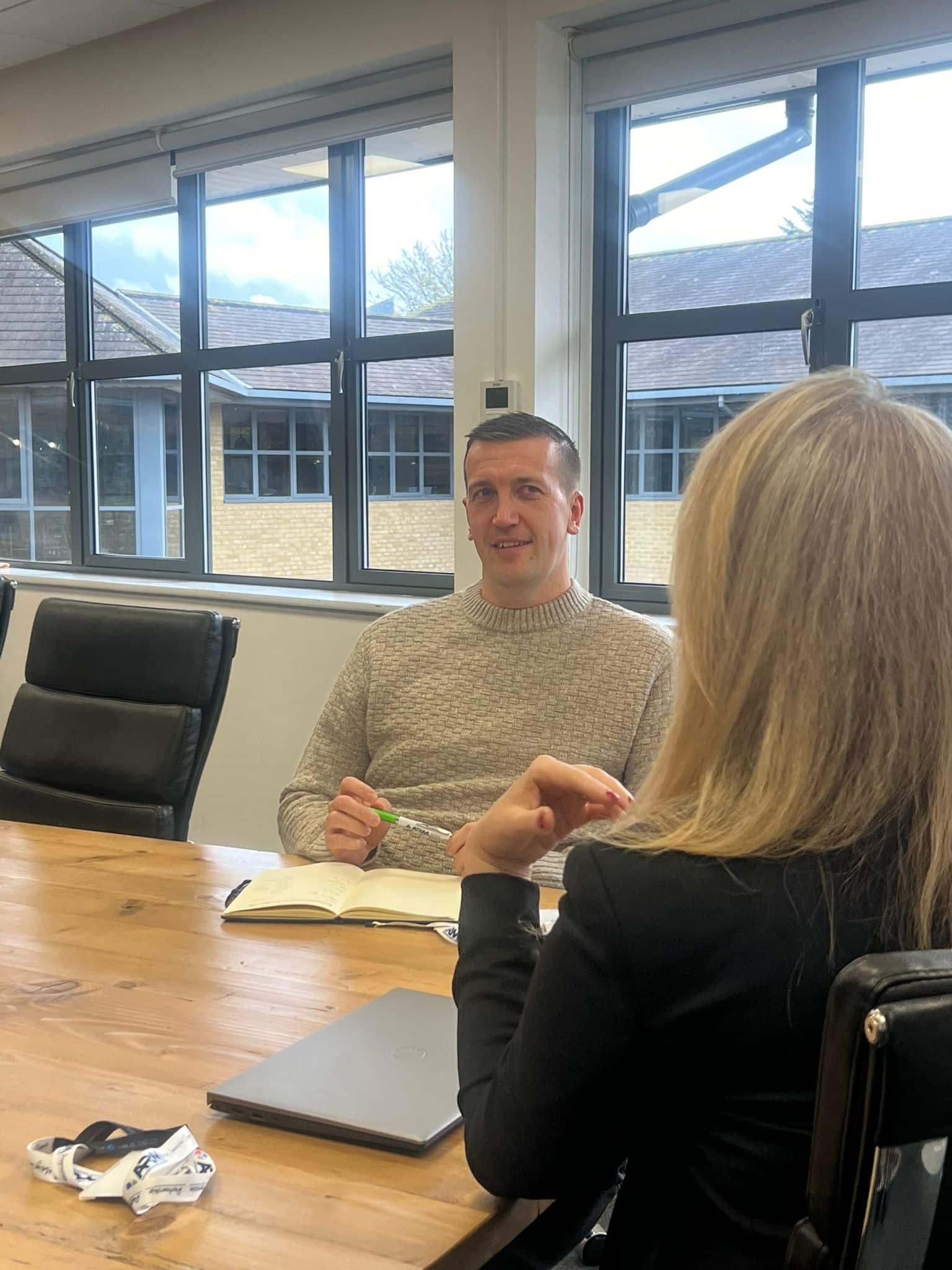Successful design engineers benefit from a blend of qualifications and practical experience. Building skills, knowledge and experience provides technical know-how, awareness of industry norms and practices and heightens problem solving experience.
Exposure to a variety of projects develops design creativity, versatility, tenaciousness, and attention to detail as well as communication skills which are essential for a career in design engineering.
Highly skilled design engineers focus on developing both their technical and soft skills whilst fostering industry relationships with peers, networks and specialists groups to enhance their knowledge, skills and marketability. The ability to demonstrate and showcase this knowledge is essential for design projects and career development alike.
Staying up to date with industry knowledge and trends ensures design engineers keep on top of emerging technologies and methodologies providing adaptability and value to role, project and industry.
Connecting with specialist recruitment contacts like those at Advanced Resource Mangers also supports career development helping those seeking a new challenge identify opportunities that might otherwise have gone unnoticed.
Design Engineers – Overview
Design engineering combines technical expertise and creativity to solve complex problems – a career in design engineering can offer varied challenges and opportunities. Whether you’re interested in developing new products, improving existing systems, or leading projects, design engineers integrate engineering principles with creative design to develop innovative solutions across multiple industries.
Design engineers can specialise in a variety of fields including Mechanical Engineering, Electrical Engineering, Civil Engineering, Software Engineering and Product Engineering with project involvement often being end to end throughout the project lifecycle from concept to production.
Design engineers are a critical component in a project – design engineering creates the ability to take ideas from concept to production turning ideas into reality.
What does a Design Engineer do?
Design engineers identify areas of development and innovation to support systems and process development resulting in quality and efficiency gains and cost management or reduction.
Design engineering is a varied role and day to day tasks within the key areas of analysis, application and innovation can include:
- Project scoping
- Feasibility assessment
- Investigation, analysis and problem solving
- Component specification, design and material selection
- Use of CAD, CAM, and CAE systems to design and visualise components / projects
- Prototyping
- Product testing
- User experience considerations
- Team and client liaison
- Widespread collaboration
- Technical reporting
- Cost estimation and /budgeting
- Quality control
- Safety
- Compliance
Senior Design Engineers often also lead a team of engineers to ensure projects are delivered on time, to specification, and on budget.
Work Experience & Qualifications Required
A bachelor’s degree in engineering or a related field such as electrical, mechanical or industrial design. Degrees of this nature provide baseline knowledge in engineering principles and related skills.
Alternatively, others engage via apprenticeship opportunities.
Once in industry some engineers pursue a master’s degree or professional qualification such as Chartered Engineer to further their knowledge, career and financial opportunities.
Where do Design Engineers Work?
Design engineers can be found across multiple industry sectors including Aerospace, Automotive, Construction, Defence, Energy, Information Technology, Life Sciences, Maritime, Public Sector, and Transport & Infrastructure. Check out ARM’s specialisms here.
Projects are widespread and can include components for aircraft, vehicles, spacecraft, infrastructure projects, power generation, and marine structures making design engineering a great career choice.
As the world of work evolves with Artificial Intelligence (AI), Machine Learning, IoT and Smart Cities new opportunities are being created for design engineers to develop their skills and be at the forefront of change.
For those in or considering design engineering jobs, design engineering roles can be office-based design work, client site and hybrid / remote working so a career in this field offers a wide range of options for those in industry be that UK based or internationally.
Salary Expectations for Successful Design Engineers
Salaries vary based on industry, skills, knowledge and experience with entry level roles for Graduate Design Engineers and Degree Apprentices at the lowest range with Senior Chartered Engineer and Consultants commanding the highest salaries. Salaries in general range from £26k to £80k+ so there are plenty of opportunities to secure a great salary and associated employment benefits.
Explore Advanced Resource Managers latest opportunities.
Traits and Characteristics of Successful Design Engineers
In the field of design engineering a blend of technical ability, creativity, versatility, tenaciousness, attention to detail, communication and innovation are key.
Experienced design engineers also look to continuous improvement, lifelong learning and networking to keep on top of latest news and industry practices and to drive industry and personal collaboration.
Subject-specific technical knowledge and expertise can include:
- Commercial awareness
- IT and CAD knowledge
- Analytical and numeracy skills
- Creative problem-solving ability
- Teamwork and effective communication
- Leadership and negotiation skills
- Written communication and report writing
- Time management and organisational skills
- Adaptability and initiative
How can ARM help?
Our team of specialist consultants can support you throughout your Design Engineer career as we support customers across a wide range of specialist markets where design engineers are needed.
Get in Touch
Find out more about our current opportunities and get in touch with our team today.








